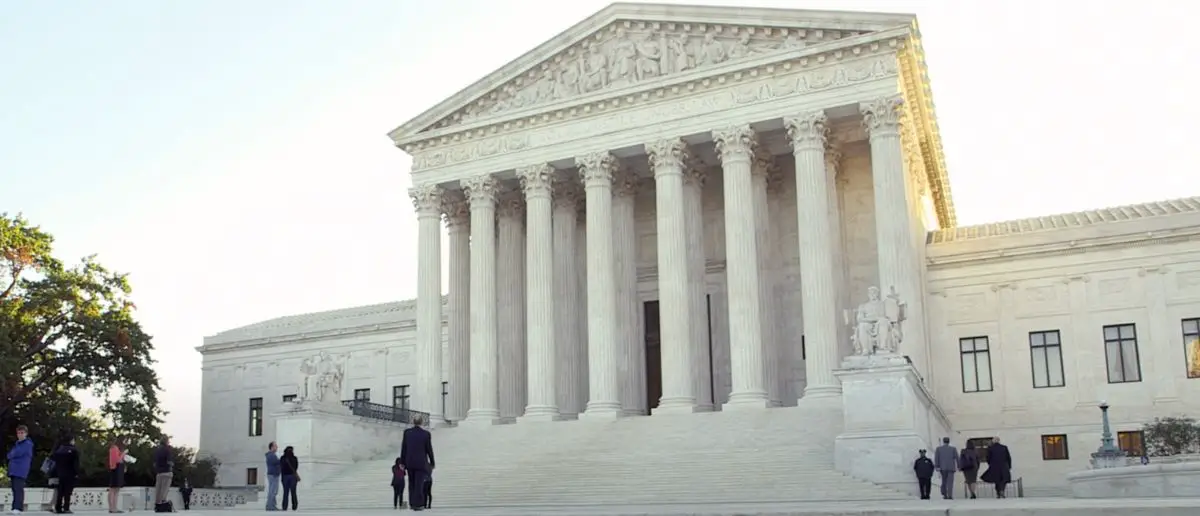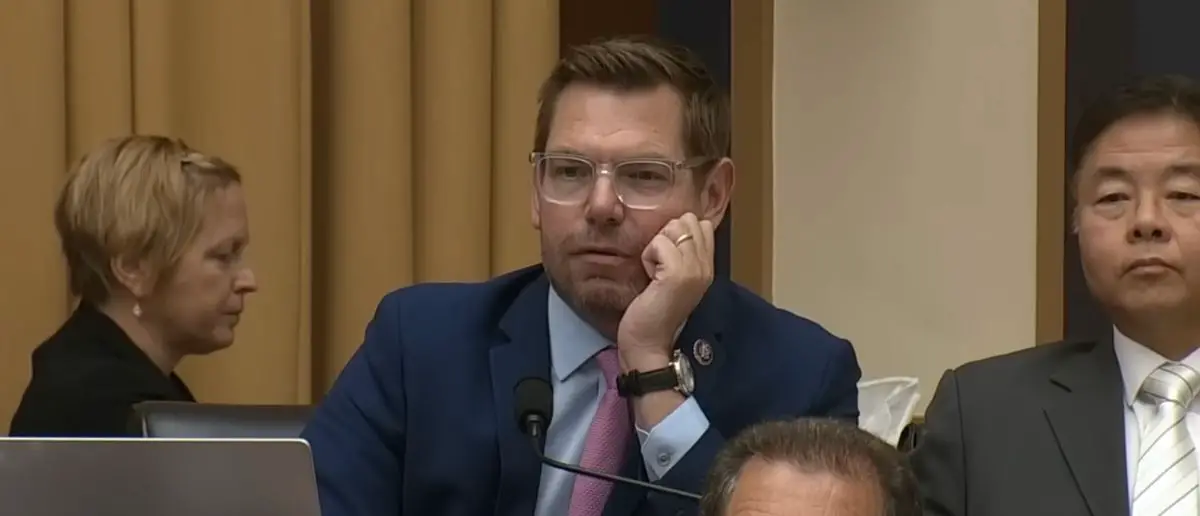
The Highest Court in the land is busy as ever. Another high-profile case has hit their docket.
And the country may never be the same after this First Amendment case has been given its final ruling.
California Targets Christian Baker in Latest Assault on Religious Freedom
California officials are pushing a new angle to force Christian bakers into creating custom cakes for same-s*x weddings, despite clear Supreme Court wins for religious objectors in recent years. The Golden State’s latest tactic hinges on labeling these creations as “predesigned” items pulled from sample books, similar to those in tattoo shops, aiming to sidestep high court protections.
Cathy Miller, owner of Tastries Bakery in Bakersfield, has turned to the U.S. Supreme Court after a California appeals court overturned a trial victory in her favor. The lower court had ruled that compelling her to design a cake for a lesbian wedding violated her “pure speech” rights. With the state Supreme Court refusing to step in, Miller’s legal team now asks the justices to review the case, including a call to overturn a contentious 1990 ruling by the late Justice Antonin Scalia in Employment Division v. Smith. That decision allowed government crackdowns on religious practices under “generally applicable” laws, leading to a wave of state and federal religious freedom restoration acts.
The petition, filed by attorneys from LiMandri and Jonna, the Thomas More Society, and Becket, highlights how the Supreme Court has “repeatedly heard cases involving religious objections to participating in same-s*x wedding ceremonies” lately. They argue that “this case is Exhibit A for how lower courts continue to manipulate the general applicability standard” from Scalia’s Smith opinion. Overruling it, they say, would “put an end to that stubborn resistance to this Court’s rulings once and for all.”
Drawing a stark parallel, the filing likens California’s actions to King Nebuchadnezzar ordering the Israelites Shadrach, Meshach, and Abednego to bow down before his gold statue in the Book of Daniel. The state “still wants to put Cathy Miller to the test” through an eight-year civil battle, demanding she bake for g*y weddings “despite her undisputedly sincere religious objections” or shut down her shop.
The appeals court decision has widened rifts among state and federal courts on key issues. One divide questions if “all compelled speech triggers strict scrutiny”—the toughest standard for government actions—or only speech seen as an endorsement by a reasonable observer. Another split debates whether courts “must consider all secular exemptions” in free exercise claims or just some.
Without Supreme Court intervention, the petition warns, “First Amendment rights will vary dramatically by location, even between state and federal courts within California,” fueling more clashes with those holding strong beliefs “because it will reward government officials for continuing rather than resolving these conflicts.”
Miller’s bakery, much like Jack Phillips’ Masterpiece Cakeshop in Colorado, rejects designs clashing with her Christian convictions. She’s turned away requests for genitalia-themed cookies, “gory” or “adult” cakes, marijuana promotions, and even divorce announcements. Her yearly updated standards also ban pagan themes.
A week-long trial determined that “all” of Miller’s wedding designs—examples shown in the petition—qualify as “pure speech” backing traditional marriage, involving “labor-intensive, artistic” work needing real skill. Her full involvement, from design to setup, counts as “expressive conduct … very likely to be understood” as endorsing that union.
But the appeals court rejected this view of the evidence outright, calling the requested lesbian wedding cake a “nondescript, plain white cake with a multi-purpose design” that did not “primarily” express Miller’s views and where “virtually no one would have understood” her cakes as backing heteros*xual marriage.
In a stunning claim, the court said California’s mandate would survive strict scrutiny due to a “compelling interest in ensuring full and equal access to goods and services irrespective of s*xual orientation and there are no less restrictive means for the state to achieve this goal”—even though Tastries refers such customers to a nearby g*y-affirming bakery. The couple in question got their cake there, but their lawyer told the baker, a Tastries ex-employee, not to share it on Instagram.
The petition details the backlash Miller endured after the denied couple’s social media campaign, including threats and harassment. The night before a preliminary injunction hearing, an employee faced a “violently assaulted behind the bakery by a man who referred to this litigation during the attack,” and Miller’s laptop with a Tastries logo was stolen from her car.
California’s stance aligns with courts in Washington and New Mexico, holding that wedding vendors aren’t typically seen as endorsing events they serve. The petition notes that “but for this Court’s repeated intervention” via grants, vacates, and remands in the case of Melissa Klein’s Sweet Cakes by Melissa, “Oregon would be in this split as well.” It cautions that Oregon courts could ignore the high court for a third time, with no decision 19 months after the latest remand.
On the other side, federal appeals courts in regions covering Arkansas, Connecticut, Iowa, Minnesota, Missouri, New York, Nebraska, North Dakota, South Dakota, and Vermont—plus Arizona’s Supreme Court—have backed creative professionals against such mandates, without weighing third-party perceptions.
The filing reminds justices that “several” of them “have recognized the inherently symbolic function of a wedding cake,” likening it to the American flag, whose forced salute in schools was banned by the court 80 years ago.
This California ruling clashes with the Supreme Court’s 2023 decision protecting a wedding website designer, which shielded “original, customized” works using various “modes of expression” to “celebrate and promote” a view of marriage.
It quotes Justice Clarence Thomas’s concurrence in the Masterpiece case: an “average person” entering a room with a “white, multitiered cake” would “immediately know that he had stumbled upon a wedding.” A card with “just a picture of a wedding cake on it” signals “Congratulations on your wedding.”
Stay tuned to the DC Daily Journal.





